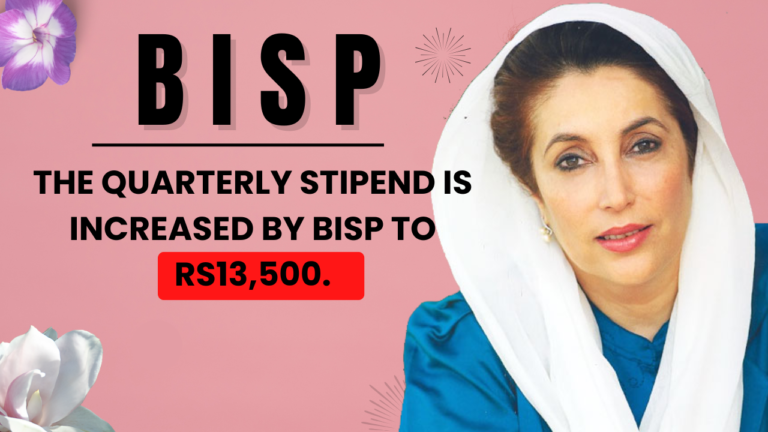The Sindh government, in collaboration with the World Bank, is launching an ambitious initiative to support low-income families in Karachi by distributing 50,000 solar systems by the end of October 2024. This project is part of the larger Sindh Solar Energy Project (SSEP), which aims to improve energy access and reduce electricity costs for underprivileged communities. The distribution will be based on data from the Benazir Income Support Program (BISP), ensuring that the support reaches those who need it most.
Details of the Solar Distribution
The Sindh Chief Minister, Murad Ali Shah, announced that the first batch of 50,000 solar home systems (SHS) will be distributed to eligible families in Karachi by the end of October. This initiative is a part of the broader SSEP, funded by a $100 million grant from the World Bank, with a total project budget of Rs. 27.4 billion. The solar systems aim to provide an alternative energy source, thus reducing households’ dependency on conventional electricity and cutting down on their energy expenses.
Eligibility Criteria
To qualify for the solar system distribution, applicants must meet the following requirements:
- Citizenship: Must be a Sindhi citizen.
- Income Proof: Provide evidence of income to ensure eligibility.
- Property Documentation: The property where the solar panels will be installed must have ownership documentation.
- BISP Registration: Must be registered with the Benazir Income Support Program (BISP).
- Digital ID: A valid digital ID card is required.
Application Process
- Check Eligibility: Use the 8171 online CNIC check system or send an SMS to 8800 to verify eligibility.
- Submit Application: Eligible candidates will be contacted for further steps in the application process, which will be streamlined to ensure swift distribution.
- System Installation: Once approved, the solar systems will be installed in the homes of the beneficiaries by the designated service providers.
Benefits of the Solar System Initiative
The introduction of solar systems offers several benefits:
- Reduced Energy Costs: Families will experience lower electricity bills due to the use of solar energy.
- Increased Energy Access: Provides a reliable and sustainable energy source to those who previously relied on conventional and often unreliable power supplies.
- Environmental Impact: Promotes the use of renewable energy, contributing to environmental conservation and sustainability.
Conclusion
The Sindh government’s solar system distribution initiative is a significant step towards supporting low-income families in Karachi by providing access to affordable and renewable energy. By leveraging the data from the Benazir Income Support Program and the financial support from the World Bank, this project aims to improve the quality of life for many residents while fostering environmental sustainability. With clear eligibility criteria and a well-structured distribution plan, this initiative reflects a strong commitment to enhancing both economic stability and energy accessibility in the region.
FAQs About the Sindh Solar Scheme
1. Who is eligible to receive a solar system?
Eligibility is restricted to Sindhi citizens who are registered with the Benazir Income Support Program (BISP), have proof of income, property ownership documentation, and a valid digital ID card.
2. How can I check my eligibility for the solar panel installation?
You can verify your eligibility by using the 8171 online CNIC check system or by sending an SMS to 8800.
3. When will the solar systems be distributed in Karachi?
The first batch of 50,000 solar systems is expected to arrive in Karachi by the end of October.
4. What is the purpose of this solar energy project?
The project aims to reduce electricity costs for low-income households, promote renewable energy use, and decrease reliance on conventional power sources, thereby enhancing energy accessibility and sustainability in Karachi.







